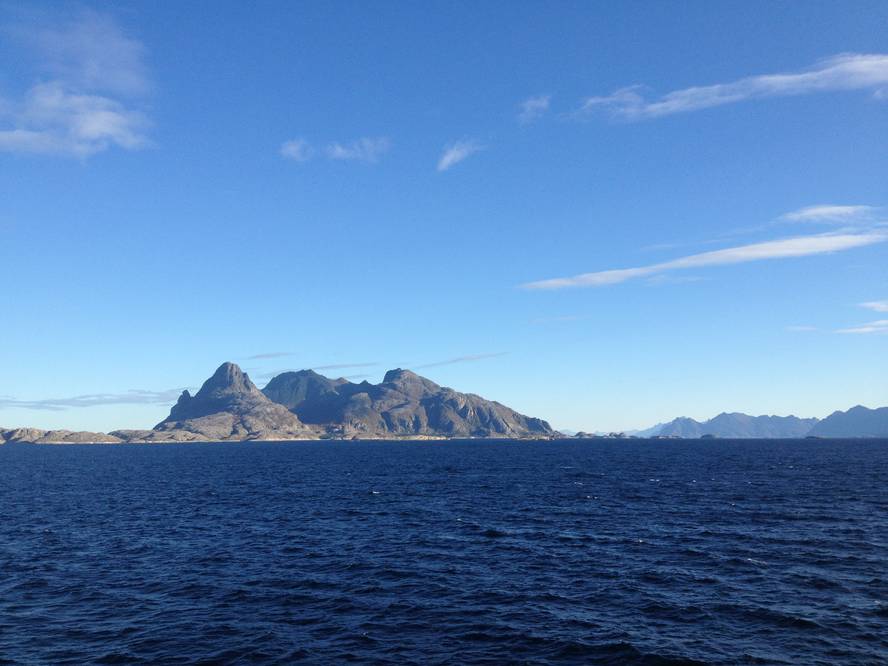Seabed mining takes its first step in Norway

Contrary to the recommendations of scientists and environmental organisations, the Norwegian parliament has authorised the exploration of the seabed to study its mining potential. According to the Government, this activity is necessary to obtain essential minerals for electric car batteries and other electronic devices, such as cobalt and manganese. However, scientists warn that ecologically it would cause irreversible damage.
Some have stressed that the Norwegian project is also paradoxical. Indeed, these electronic devices are an important element in carbon reduction measures. In the opinion of the Advisory Council of the European Academies, this statement is misleading and, furthermore, land resources are sufficient to meet the needs of metals.
Furthermore, the impact of deep-sea mining on marine ecosystems has not yet been studied. However, work has shown that damage can be very serious.
For the time being, the Government has authorized the exploration of 281,000 km2 and a new vote will be required to obtain the extraction permit. In any case, scientists are clear that it is not possible to carry out this activity without harming the environment. It has also been regarded as a dangerous precedent, as other countries have similar intentions.





